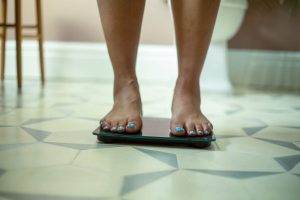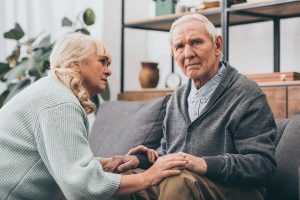
Do others tell you that you’re forgetful? Do you have a hard time remembering names? Memory lapses happen to nearly everyone and can happen at any age. Experts say it can be normal to forget things over time, especially information you don’t use regularly. This might even be the way the brain makes room for new memories. Here are some common memory issues and what you can do about them. If you find that you can’t remember new information, it’s most likely because you’re not paying enough of the attention needed to process and retain it. For a memory to form, the brain must take in the information and then record it, so that it’s available for you later on. If you don’t remember someone’s name at a party, for example, it could be because you were focused on something else when you first heard their name. Not being able to retrieve a memory instantaneously is common and happens to everyone. A similar thought or memory might come to you instead. But, eventually you’ll recall what you want. Keep in mind that memory can be affected by a wide variety of factors, from a lack of sleep to emotional distress or even medication. Beyond addressing those issues, simple steps can help with better retention. When hearing new information, repeat it out loud and write it… read on >




































